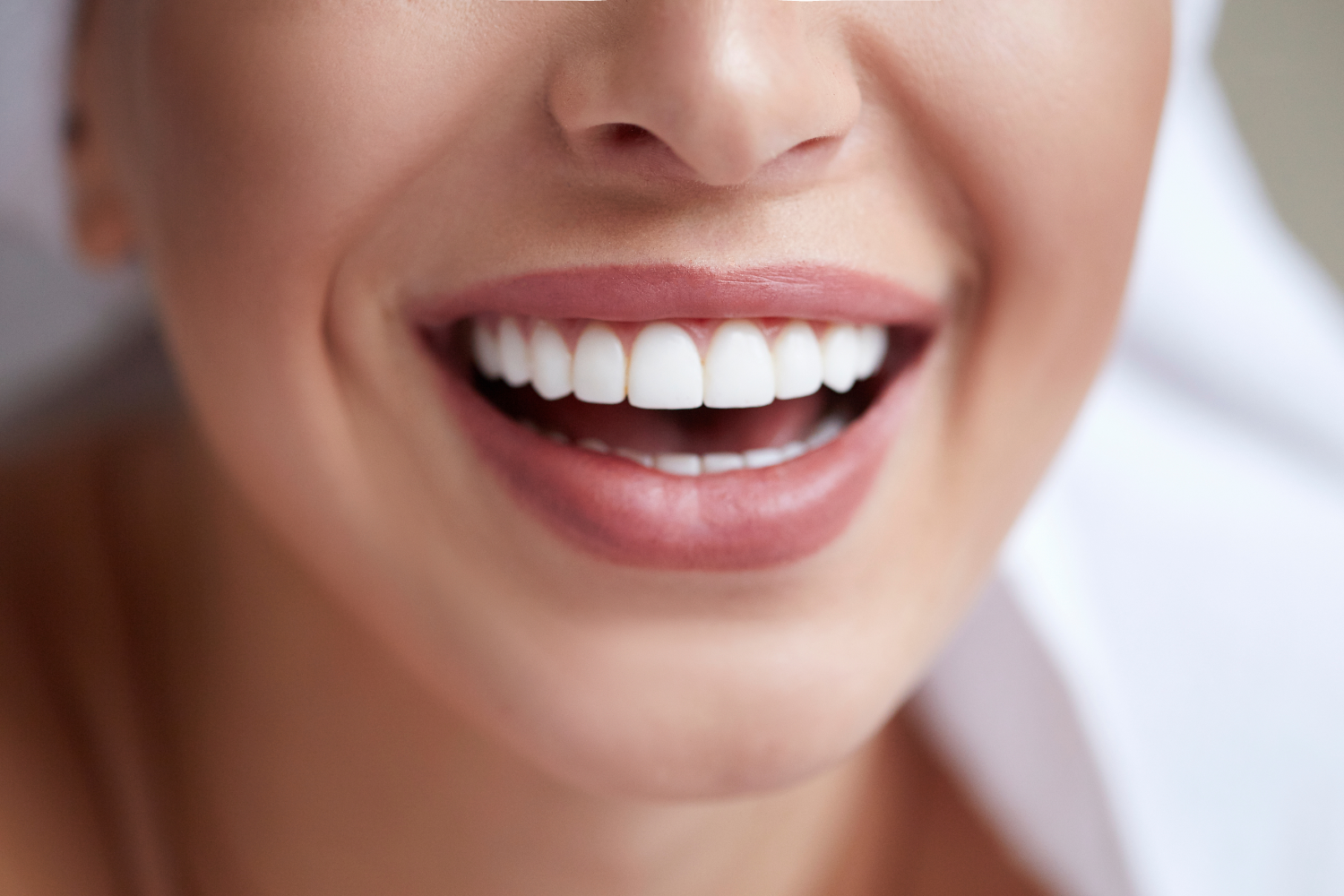Is Your Mouth Trying to Tell You Something?

Have you ever brushed your teeth in a hurry or skipped flossing, thinking, “It can’t matter that much?” Or maybe you believe a little bad breath is just part of life. The truth is, your mouth isn’t just for smiling or eating—it’s the main entrance to your body’s health. Most of us don’t realize how much our daily habits impact not just our teeth and gums, but our overall wellbeing.
Ignoring your mouth is a bit like ignoring the front door of your house—if you leave it open, anything can get in. Let’s take a closer look at why your mouth deserves more attention and how a few simple changes can make a big difference.
What Does Your Mouth Actually Do?
Think of your mouth as the gateway and control center for your body. It’s where every meal begins, every word is formed, and every smile starts. But it’s more than just a pretty entrance—it’s a hardworking team made up of teeth, gums, the tongue, and saliva.
Imagine your mouth as a busy kitchen: your teeth are the knives, chopping food into manageable pieces; your tongue moves everything around and helps you taste; your saliva acts like dish soap, breaking down food and keeping things clean. This teamwork makes it possible for you to chew, swallow, speak, and even fight off germs before they enter the rest of your body.
If this system breaks down, it’s not just your teeth at risk—your whole body can feel the effects. Problems in the mouth can lead to trouble eating, speaking, and even serious health conditions far beyond your jaw.
Common Mouth Problems and Why They Happen
- Gum Disease (Gingivitis and Periodontitis): This is an infection of the tissues holding your teeth in place. It usually starts when plaque—a sticky film of bacteria—builds up along the gumline. If you ignore early signs like red, swollen gums or bleeding when brushing, it can progress, causing gums to pull away from teeth and even tooth loss. Untreated gum disease has also been linked to heart problems.
- Cavities (Tooth Decay): Cavities happen when bacteria in your mouth feed on sugar and produce acid, which eats away at your tooth enamel (the hard, protective outer layer). If not treated, cavities can cause pain, infections, and eventually, tooth loss.
- Dry Mouth: This is when your mouth doesn’t make enough saliva. Saliva is crucial because it washes away food particles and bacteria. Dry mouth can be caused by certain medications, dehydration, or health conditions. Without enough moisture, you’re at higher risk for cavities, gum disease, and trouble swallowing or speaking.
Mouth Health: Busting Common Myths
- Myth: “If my gums bleed when I brush, I should stop brushing there.”
Truth: Bleeding gums are a warning sign, not a reason to stop. In fact, gentle brushing and flossing help heal your gums. Avoiding those spots lets plaque build up and makes things worse. - Myth: “Bad breath is just from what you eat.”
Truth: While garlic or onions can cause temporary bad breath, chronic bad breath often means there’s an underlying problem, like gum disease or dry mouth, that needs attention.
Simple Steps to a Healthier Mouth
- Brush your teeth twice a day: Brushing removes bacteria and food particles that lead to plaque and cavities. Use a soft-bristle toothbrush and fluoride toothpaste, brushing for at least two minutes—morning and night.
- Floss daily: Flossing gets between your teeth where your toothbrush can’t reach, removing hidden plaque and food bits. This helps prevent gum disease and cavities in those tight spaces. Make it a habit before bed.
- Drink plenty of water: Water helps wash away food particles and bacteria, and keeps saliva flowing. Staying hydrated also fights dry mouth. Carry a water bottle and sip throughout the day.
- Limit sugary snacks and drinks: Sugar feeds the bacteria that cause cavities. Swap soda and candy for water, fruits, or nuts. If you do have something sweet, rinse your mouth with water afterward.
- See your dentist regularly: Professional cleanings remove tartar (hardened plaque) you can’t brush away. Dentists also spot problems early—before they become painful or expensive. Aim for a checkup every six months, or as recommended.
- Don’t ignore changes: Pay attention to new sores, pain, or color changes in your mouth. Early action can prevent bigger problems.
- Avoid tobacco products: Smoking and chewing tobacco greatly increase your risk of gum disease, tooth loss, and mouth cancer. If you use tobacco, talk to your doctor about quitting.
Warning Signs It’s Time to Talk to a Doctor
- Persistent mouth pain or sore that doesn’t heal: If you have a sore, lump, or pain lasting more than two weeks, it could be an infection or something more serious like oral cancer. Early treatment is key.
- Bleeding, red, or swollen gums: These are signs of gum disease. If not treated, gums can recede and teeth may become loose or fall out.
- Loose teeth or sudden changes in bite: Adult teeth should not move. If they do, it may mean advanced gum disease or bone loss. Delaying care can make repair harder or even impossible.
Daily Check-In: Are You Caring for Your Mouth?
- ☐ Brushed my teeth for two full minutes this morning and night
- ☐ Flossed between every tooth today
- ☐ Drank water throughout the day
- ☐ Limited sugary snacks and drinks
- ☐ Checked my mouth for any unusual changes
Your Smile Is a Window to Your Health
When you take care of your mouth, you’re doing more than protecting your teeth—you’re safeguarding your whole body. Remember, a healthy mouth means easier eating, clearer speech, and better confidence. Even small changes in your daily routine can add up to a lifetime of benefits.
Start today. Your smile, your health, and your future self will thank you!